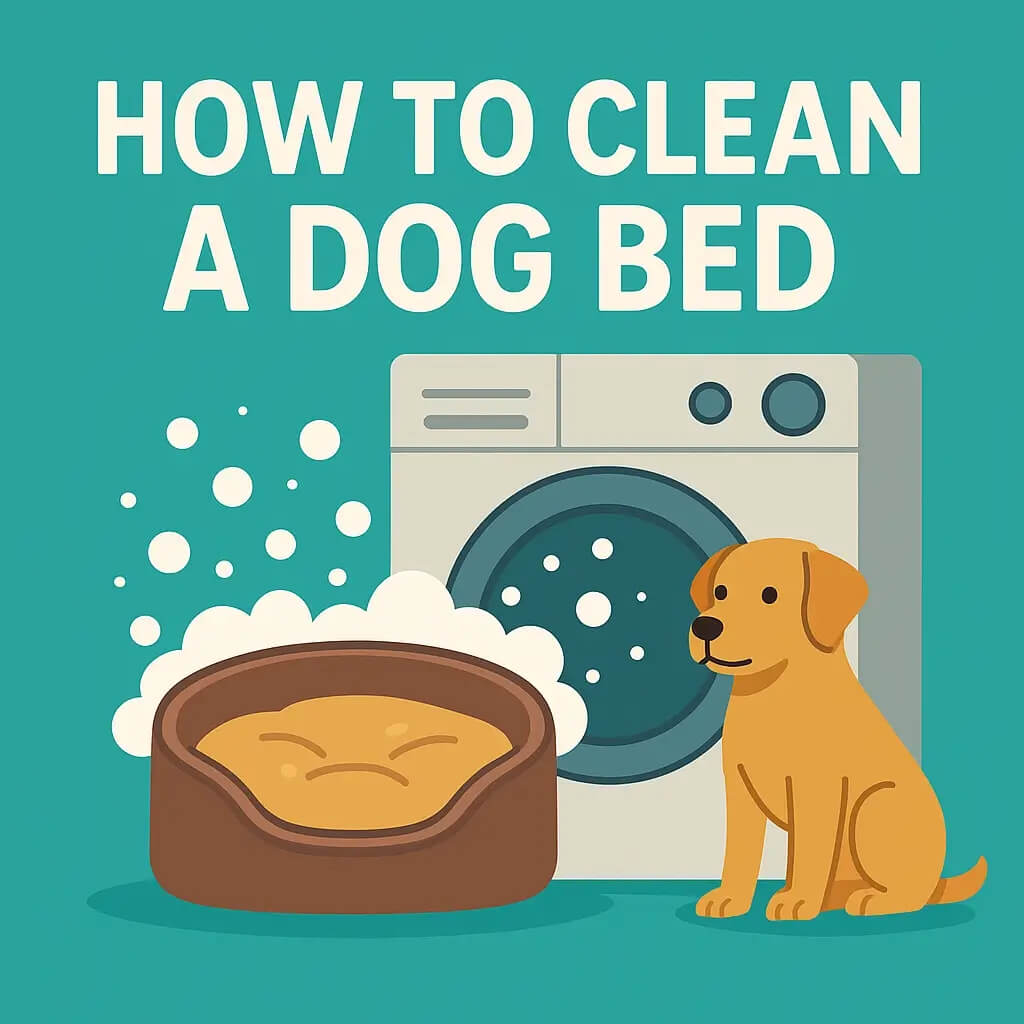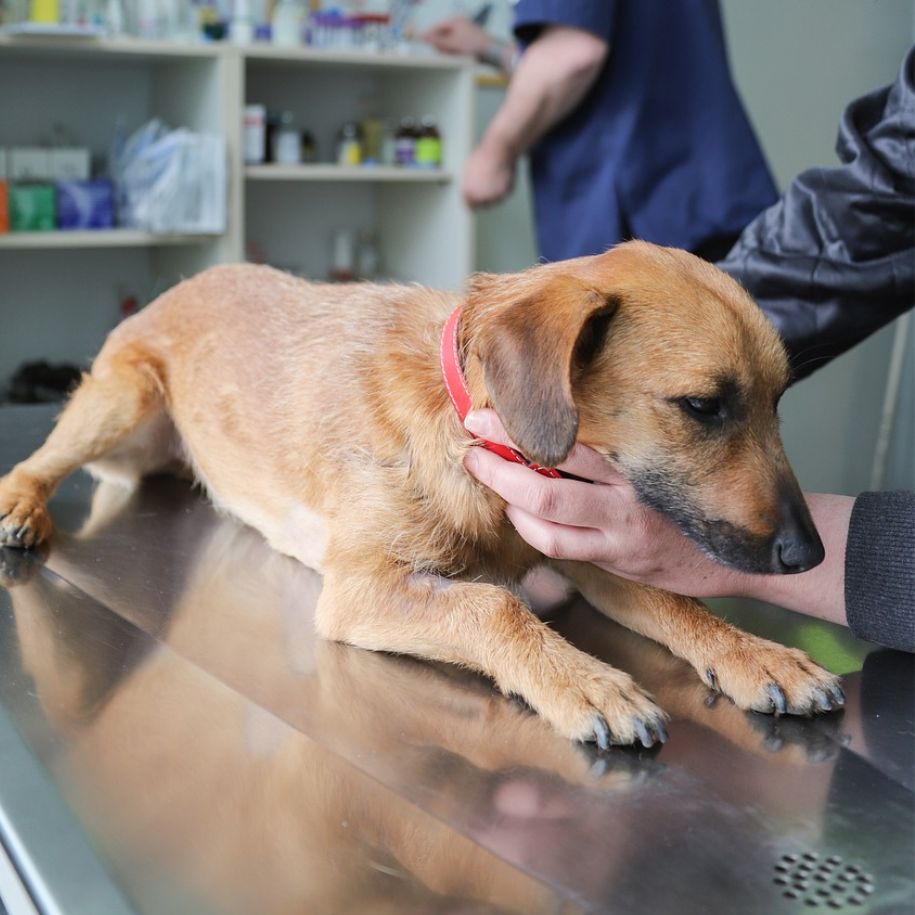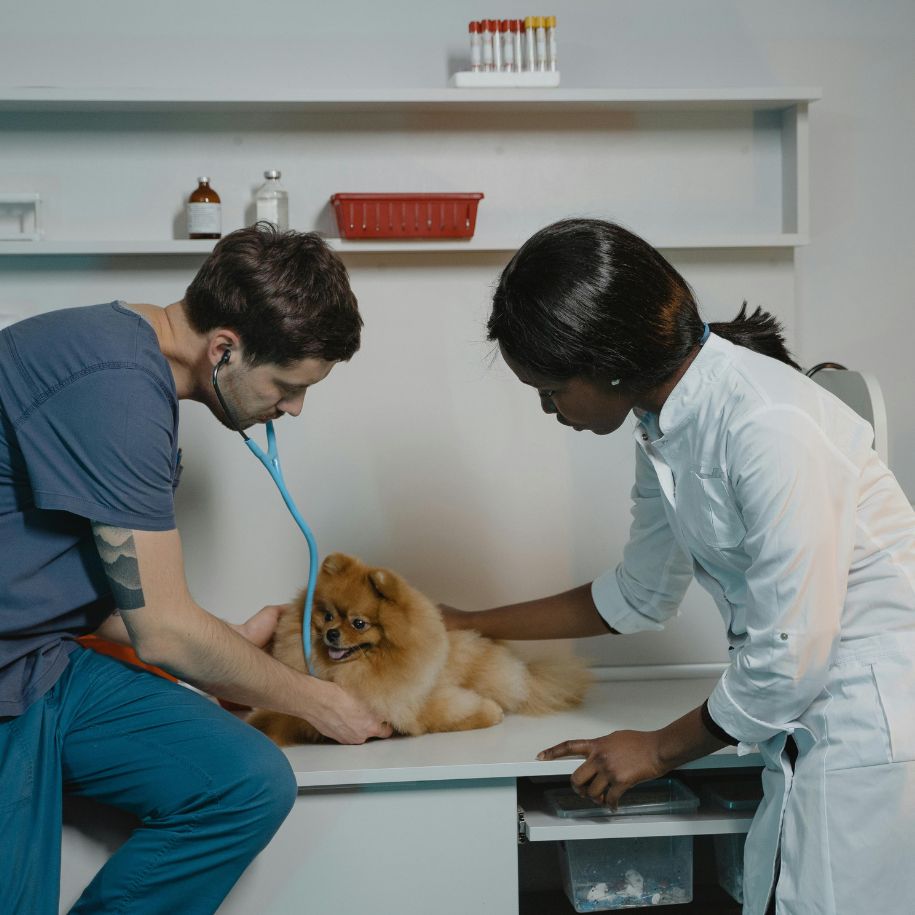As pet parents, we often find ourselves asking, what makes dogs sleepy? Dogs, like humans, need sleep to function properly. But have you ever wondered why your dog spends so much time snoozing? Understanding your dog's sleep patterns and how much sleep is considered normal for their age, breed, and life stage can help you ensure your furry family member is healthy and happy.
In this guide, we’ll dive into the science behind why dogs sleep so much, the importance of a good sleep schedule, and when sleepiness might signal an underlying health issue. Let’s explore how a dog's sleep cycle impacts their overall well-being and how you can support your dog in getting the restful sleep they need.
Understanding Dogs’ Sleep Patterns
Dogs sleep a lot—most dogs sleep anywhere from 12 to 16 hours per day, with puppies and older dogs needing even more rest. The amount of sleep can vary based on several factors, such as dog breeds, age, activity level, and health. For example, a working dog might have a more irregular sleep schedule than a lazy lapdog, but both need ample rest to stay healthy.
A dog’s sleep cycle is quite different from ours. Dogs experience two primary sleep stages: light sleep and deep sleep (which includes Rapid Eye Movement, or REM). During REM, dogs might twitch, whine, or even move their legs as if they’re running. These physical movements can be fascinating to watch and are a sign that your dog is dreaming, much like humans do.
In contrast, light sleep is a more restful, yet shallow sleep where your dog might still be aware of their surroundings. If you’ve ever woken up your dog from a nap and found them instantly alert, you’ve probably interrupted them in light sleep. Understanding your dog's sleep schedule can help you assess whether they’re getting the right amount of rest.
Why Dogs Sleep So Much
Most dogs sleep for long stretches, but why do dogs need so much sleep? There are several reasons for this, many of which are completely normal and linked to your dog’s breed, age, and daily activities. Here are some common reasons that could explain why your dog is sleeping more than usual:
1. Dog's Age
As dogs age, their sleep patterns shift. Puppies, just like babies, need more sleep to support their growing bodies. An adult dog will sleep more than a human, but their sleep needs should remain relatively consistent throughout their life stage. However, older dogs might sleep even more than adult dogs due to reduced energy levels, joint pain, or other age-related changes. Older dogs, like senior pets, may need extra sleep to recover from physical exertion or to manage health issues.
2. Breed-Specific Sleep Needs
Certain breeds are naturally inclined to sleep more than others. For example, larger breeds such as Mastiffs or Greyhounds tend to sleep more than smaller breeds like Chihuahuas or Border Collies. Working dogs, such as herding dogs or hunting breeds, may also have varying sleep patterns due to their higher levels of physical activity. Therefore, dog owners should understand the typical sleep habits of their dog’s breed to identify when sleep seems abnormal.
3. Exercise and Activity Levels
Dogs that have long periods of activity, such as playing fetch or going on a run, tend to need more sleep afterward. When dogs get a proper potty break and plenty of exercise, they’ll likely settle down for a longer stretch of rest. For dogs that aren’t as active, they may sleep more during the day to make up for their lack of stimulation.
4. Health and Wellness
If your dog is sleeping excessively or has a sudden change in their sleep schedule, it could signal an underlying health issue. For example, sleep apnea, which can cause dogs to snore heavily and even disrupt their sleep, is a common condition in certain breeds, such as Bulldogs or Pugs. Sleep apnea can prevent your dog from reaching restful stages of sleep, leading them to feel sluggish throughout the day.
Dogs that are suffering from illness or chronic pain may also sleep more to cope with their discomfort. If your dog is lethargic or seems to be sleeping long stretches without their usual play or interaction, it’s important to talk to your vet.
5. Anxiety and Stress
Just like humans, dogs can suffer from anxiety and stress, which can affect their sleep patterns. Dogs that experience separation anxiety or fear of loud noises may have disrupted sleep or may sleep excessively as a way of coping with their emotions. Pet parents should look for other signs of anxiety, such as excessive barking, panting, or pacing, to determine if sleep is being impacted by stress.
The Impact of Sleep on Your Dog’s Health
Good sleep isn’t just about rest—it’s crucial for your dog’s physical and mental health. Dogs need quality sleep to:
-
Boost Immunity: Sleep helps dogs' bodies repair and regenerate. It strengthens their immune system and supports their overall health.
-
Enhance Learning and Memory: Just like humans, dogs’ brains process new information and experiences during sleep. This is especially important for puppies and young dogs who are learning new commands and behaviors.
-
Improve Mood: A well-rested dog is a happy dog. Dogs that get enough sleep are generally in better moods and less likely to exhibit behavioral problems.
-
Maintain Healthy Weight: Sleep helps regulate metabolism and keeps your dog’s weight in check. Dogs that are sleep-deprived may have a harder time maintaining a healthy weight.
Without enough sleep, your dog could face a range of health issues, including weakened immunity, anxiety, weight gain, and even cardiovascular problems.
When to Worry About Excessive Sleep
While many dogs sleep a lot, excessive sleep can sometimes be a red flag. If your dog is suddenly sleeping far more than usual, it could indicate an underlying health problem. Some signs that your dog’s sleepiness might not be normal include:
-
Sudden Changes in Sleep Patterns: If your dog is suddenly sleeping far more or less than usual, it could be a sign of an illness or injury. A sudden shift in behavior is always worth investigating.
-
Excessive Snoring or Trouble Breathing: If your dog snores heavily or seems to have trouble breathing during sleep, it could be a sign of sleep apnea or another respiratory issue.
-
Difficulty Waking: If your dog is unusually hard to wake or seems lethargic when they do wake, it may indicate fatigue or illness.
-
Changes in Appetite or Behavior: If your dog’s excessive sleep is paired with changes in eating habits, behavior, or general health, it could be time to see the vet.
If you notice any of these signs, especially in older dogs or dogs that have a pre-existing health condition, a visit to the veterinarian is a good idea. Your vet may recommend blood work or other tests to determine if there is an underlying health issue.

Helping Your Dog Maintain a Healthy Sleep Schedule
As pet parents, one of the best things you can do for your dog is to ensure they have a healthy sleep schedule. Here are some tips:
-
Create a Comfortable Bed: Make sure your dog has a cozy, quiet place to rest. Consider the temperature, comfort, and size of their bed to ensure they have a perfect sleep environment.
-
Stick to a Consistent Schedule: Dogs thrive on routine. Try to stick to a regular sleep schedule, with consistent wake and sleep times each day. This helps regulate your dog’s internal clock and ensures they’re getting adequate rest.
-
Exercise and Mental Stimulation: Dogs with regular physical and mental activity are more likely to sleep well at night. Be sure to provide opportunities for play, exercise, and mental enrichment throughout the day.
-
Avoid Overstimulation: Before bed, avoid activities that might over-stimulate your dog, such as intense play or excessive noise.
Conclusion
Understanding your dog’s sleep patterns and what makes dogs sleepy is key to ensuring they lead a healthy, happy life. From age and breed to underlying health issues, several factors influence how much sleep your dog needs. If you notice sudden changes in your dog’s sleep cycle or excessive sleep, it may be time to consult a veterinarian.
By promoting healthy sleep habits and recognizing when sleepiness could be a sign of a health problem, you can help your dog feel their best and enjoy their years with you as a cherished family member. If in doubt, always trust your instincts and talk to your vet to rule out any potential issues.
Remember, a well-rested dog is a healthy dog!













